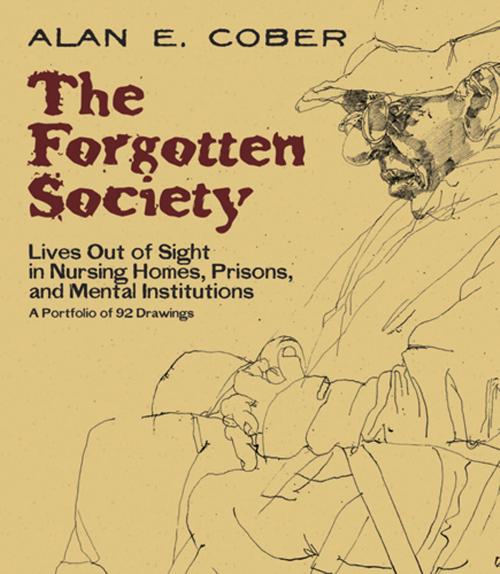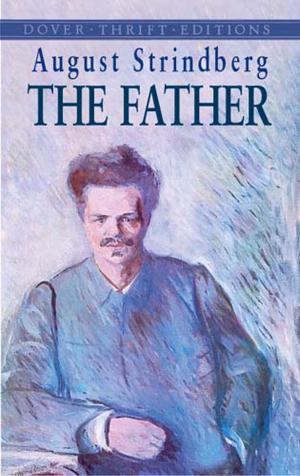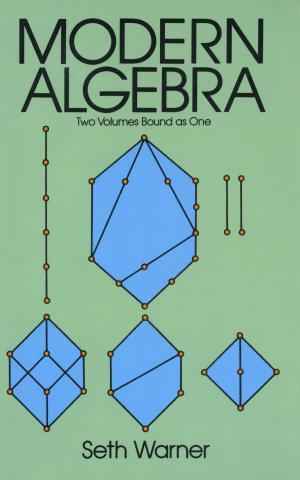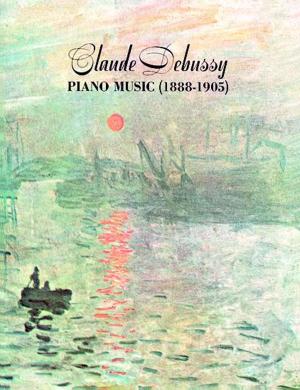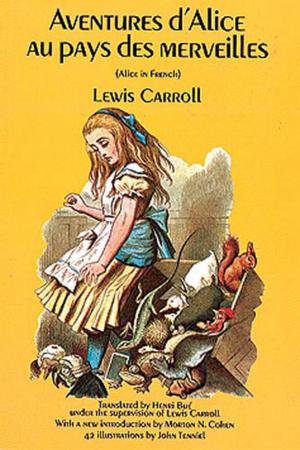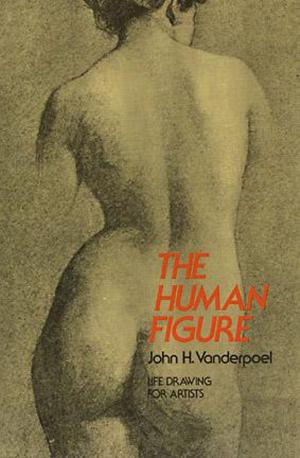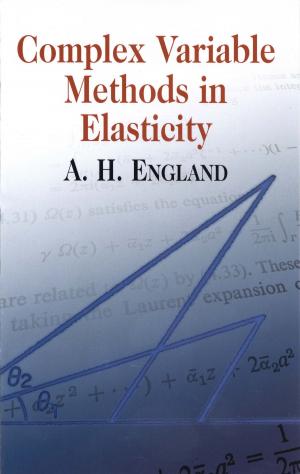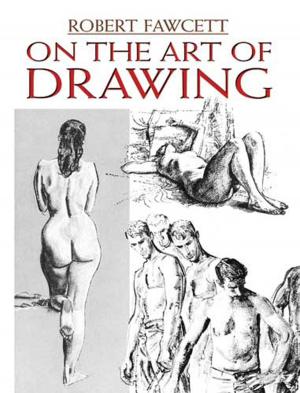The Forgotten Society
Lives Out of Sight in Nursing Homes, Prisons, and Mental Institutions: A Portfolio of 92 Drawings
Nonfiction, Social & Cultural Studies, Social Science, Disability, Crimes & Criminals, Penology, Art & Architecture, General Art, Individual Artist| Author: | Alan E. Cober | ISBN: | 9780486296845 |
| Publisher: | Dover Publications | Publication: | April 17, 2013 |
| Imprint: | Dover Publications | Language: | English |
| Author: | Alan E. Cober |
| ISBN: | 9780486296845 |
| Publisher: | Dover Publications |
| Publication: | April 17, 2013 |
| Imprint: | Dover Publications |
| Language: | English |
A prominent artist ventured behind locked doors to portray three "forgotten" social classes: the elderly, people in mental institutions, and the prison population. Alan E. Cober began his career in the 1960s, when illustration took a turn toward a new expressionism. Influenced by the works of Ben Shahn, George Grosz, and Albrecht Dürer, he believed that narrative art could inform public attitudes toward political and social issues. Cober's aim as a "visual journalist" was to effect change by graphically exposing the realities of our times.
The Forgotten Society presents ninety-two of Cober's most compelling and emotionally charged "visual essays." The distinctive pen-and-ink portraits reveal the hidden worlds of people removed from the public eye, including residents of retirement homes, of Staten Island's Willowbrook State School, and of Sing Sing Correctional Facility. The artist, who frequently befriended his subjects, offers compassionate views of the isolation of lives lived on the margins of society. Cober received many awards in his lifetime and was recently inducted into the Society of Illustrators' Hall of Fame. This edition features an insightful introduction by his daughter, Leslie Cober-Gentry, who notes, "Cober's art was about communication. The world was his audience."
A prominent artist ventured behind locked doors to portray three "forgotten" social classes: the elderly, people in mental institutions, and the prison population. Alan E. Cober began his career in the 1960s, when illustration took a turn toward a new expressionism. Influenced by the works of Ben Shahn, George Grosz, and Albrecht Dürer, he believed that narrative art could inform public attitudes toward political and social issues. Cober's aim as a "visual journalist" was to effect change by graphically exposing the realities of our times.
The Forgotten Society presents ninety-two of Cober's most compelling and emotionally charged "visual essays." The distinctive pen-and-ink portraits reveal the hidden worlds of people removed from the public eye, including residents of retirement homes, of Staten Island's Willowbrook State School, and of Sing Sing Correctional Facility. The artist, who frequently befriended his subjects, offers compassionate views of the isolation of lives lived on the margins of society. Cober received many awards in his lifetime and was recently inducted into the Society of Illustrators' Hall of Fame. This edition features an insightful introduction by his daughter, Leslie Cober-Gentry, who notes, "Cober's art was about communication. The world was his audience."
